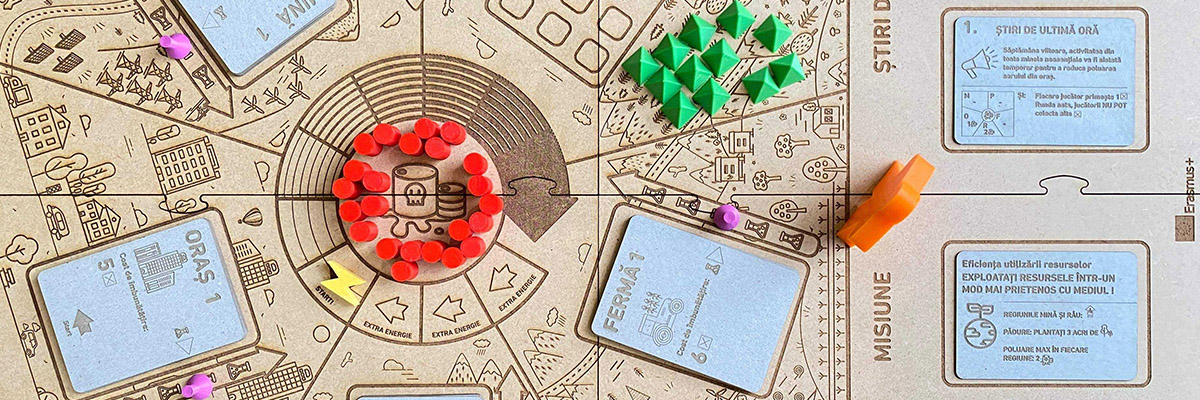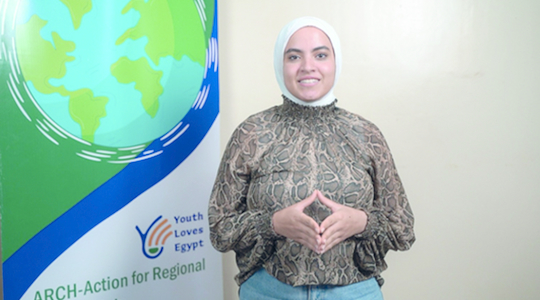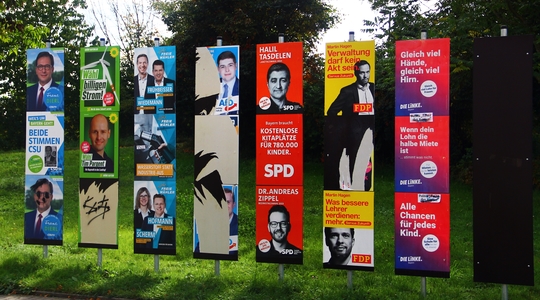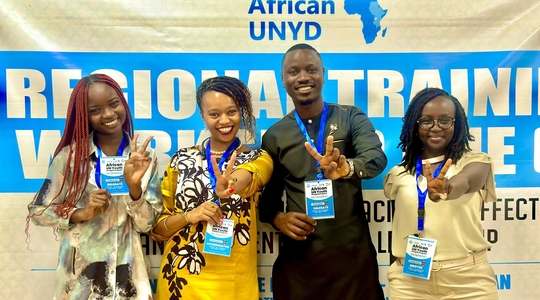Sustainable development, climate change risks and their impact on human health are among the big challenges of current and next decades. Young people today are facing these problems more than anyone, and they will be the ones having to deal with the consequences of past generations. It is key for the sustainable development on European and global levels, for young people to be appropriately educated in the topics of environmental health and sustainable consumption.
A good education, however, needs well equipped youth workers who have a multitude of educational tools and methods at hand to convey competences and to strengthen constructive, pro-active, empowering attitudes about environmental issues that impact human health and community welfare. Together, project consortium explored the possibilities that games open for an effective and sustainable environmental education concept. As a result, two board games and five simulation games have been developed to tackle the most pressing issues within these topics as well as a guide on how to use them in educational situations.
The process started with a seven-day training bringing together youth workers from Romania, Italy, Lithuania and Germany who received an introduction to non-formal education, environmental health, and game development. Participants formed teams and started developing game scenarios together. In the following months after the training, the games and the guide were further elaborated on and were finalized by the developer-teams under coordination of the project managers.
The games and the guide have been published online in five languages, available here for free!
Project Goals
With this project we want to make accessible for youth workers, and thus for young people, educational tools and methods in non-formal and informal contexts to acquire competencies, and to develop constructive, pro-active, empowering attitudes about environmental issues that impact human health and community welfare.
Target Groups
The games and the guide were developed by youth workers from Germany, Italy, Romania and Lithuania who are interested in environmental education with the help of games. The publication is downloadable for free in five languages (including English), targeting youth workers internationally.
Activities
In the framework of the project, several transnational meetings, trainings, and multiplier events took place offline in each participating country. In addition, a lot of game development sessions happened online.
Outcomes / Achievements
We provided youth workers with know-how on how to develop simulation and board games as learning tools in education for environmental health and sustainable consumption. Thus, we fostered a better awareness of games as tools for development of knowledge, skills and attitudes among the community of youth workers and young people.



